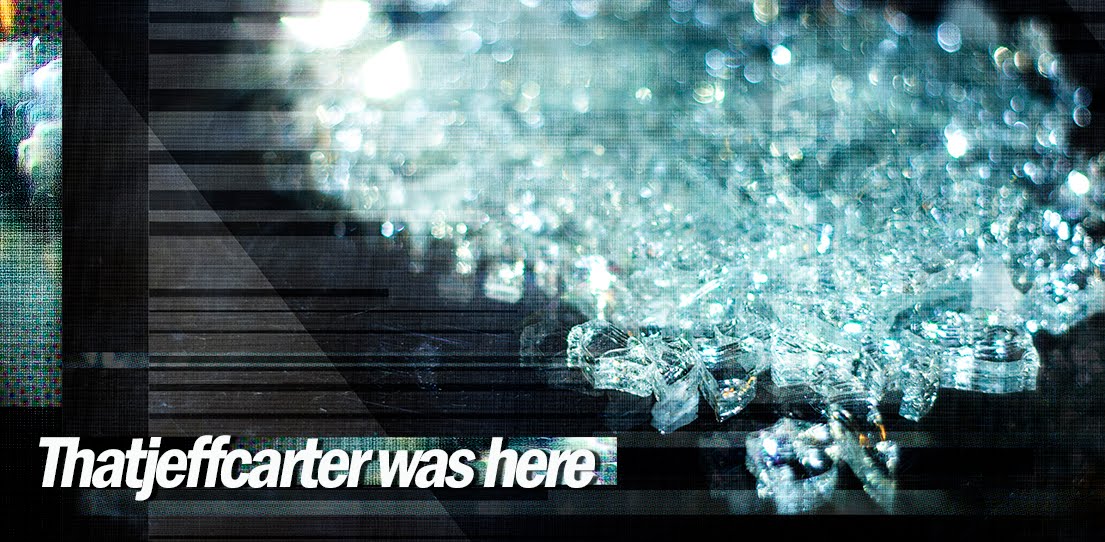I want to do something a little dangerous this morning. I want to take a risk with the sermon. I know that it is dangerous to monkey around with sacred traditions and beloved psalms, and I know that no psalm is as highly treasured as Psalm 23, but this morning I want to be reckless and throw caution to the wind. I want to try to subvert this psalm, or at least one part of it. I want to turn it upside down, end over end, so that it can surprise and challenge us again.
Because treasured psalms have a way of becoming safe – fixed in our memories. Mom loved that psalm and Grandma loved that psalm and we don’t think about it.
As I said, Psalm 23 is highly favored in the Christian and the Jewish traditions. It has inspired musicians from Johann Sebastian Bach to Duke Ellington. It has been quoted in movies and in stage plays. It has been carved into tombstones, and embroidered into samplers.
We like to imagine the young, ruddy cheeked, shepherd boy, David, the youngest son of Jesse, sitting alone with his harp and his ling on the lush green Bethlehem hillsides surrounded by quietly grazing sheep. We see him there in his quiet meditation, plucking the strings of his lyre and singing this pastoral psalm of praise to a good and faithful God. The psalm is filled with images drawn from the life of the shepherd; the psalmist knows that he can trust God just as the sheep can trust the good shepherd.
“Yahweh is my shepherd, I lack nothing.
In grassy meadows he lets me lie. By tranquil streams he leads me
to restore my spirit. He guides me in paths of saving justice as befits his name.
Even were I to walk in a ravine as dark as death I should fear no danger, for you are at my side. Your staff and your crook are there to soothe me.”
But now we come to the part of the psalm that I want to upset, the part of the psalm that I’d like to subvert.
You prepare a table for me under the eyes of my enemies…
There is safety here – as in that valley as dark as the shadow of death, so here under the watchful eyes of his enemies – there is no reason to fear. The psalmist can sit down to a table spread with choice meats and cheeses, plates piled high with vegetables and fruits, warm bread, sweet dessert, and cups overflowing with fine wine. And there’s nothing his enemies can do about it.
They cannot hurt him. They cannot attack him. They cannot swoop down from the hills to abuse him or to take this food from him. The psalmist is safe. Secure. He can enjoy the provisions of God without worry, without anxiety. And this is a blessing from God.
And I have often heard it taught that this magnificent feast provided by Yahweh is there to shame and to humiliate the psalmist’s enemies. They can see the table loaded with wonderful victuals. They can smell the savory meats and the fresh baked bread. They salivate; their mouths fill with drool. Their stomachs rumble. But they cannot eat. They cannot enjoy it. This feast laid out by God for the psalmist is there to punish them, to drive them mad with desire and envy.
I’ve heard it taught that this “feast in the presence of my enemies” is a blessing from God for the faithful believer, and a punishment from God for the wicked enemies of God. We will get our reward. We will be blessed. We will enjoy the great feast, the marriage supper of the Lamb. And our enemies will get theirs; they will get what’s coming to them. Our enemies will look on from their place in hell, tormented by all the wonderful things that they can never enjoy.
But what if this is wrong? What if we went further with the psalm? What if we did better? What if the feast prepared for us under the watchful eyes of our enemies isn’t there just as a blessing for us to enjoy, and isn’t there as a torture for our foes – but as a blessing for us all?
What if the psalmist looked up from that magnificent meal prepared by God and saw his hungry enemies, not with delight and glee for their pains, but with compassion and love? What if the psalmist shared that dinner with his enemies? What if he invited them to come and sit beside him at the table, and to enjoy God’s blessings with him?
This may be a dangerous and radical idea, but it’s not novel. It’s not new. If I am subverting this psalm, I am not the first. Proverbs 25: 21 says, “If your enemy is hungry, give him something to eat, if thirsty, something to drink. The Apostle Paul echoes this proverb in his letter to the church at Rome (Romans 12: 20).
In his “sermon on the plain” Jesus instructed his followers to “Love your enemies; do good to those who hate you.” (Luke 6:27)
The blessings of God – the feasts laid out for us in the presence of our enemies, are not there merely for us to enjoy, and not as a torment for enemies, but as an opportunity for us to share God’s love, as an opportunity for us to love our enemies. This is not the warm, fuzzy, easy comfort of the Psalm 23 of saccharine memories. This is not a sentimental psalm 23. It is a challenge. It may be dangerous. But it is the better way.
You prepare a table for me under the eyes of my enemies – for me to share with them…




No comments:
Post a Comment